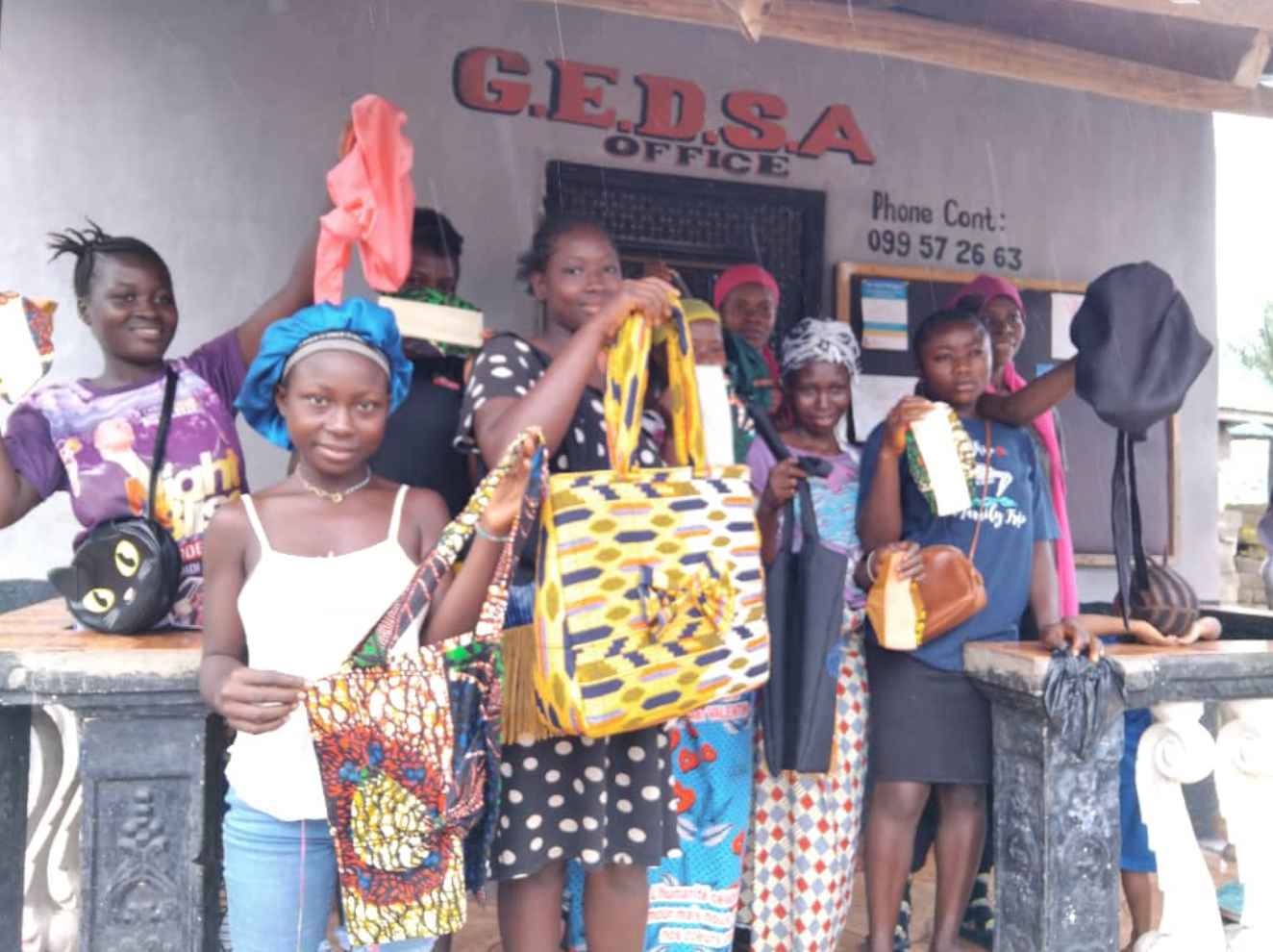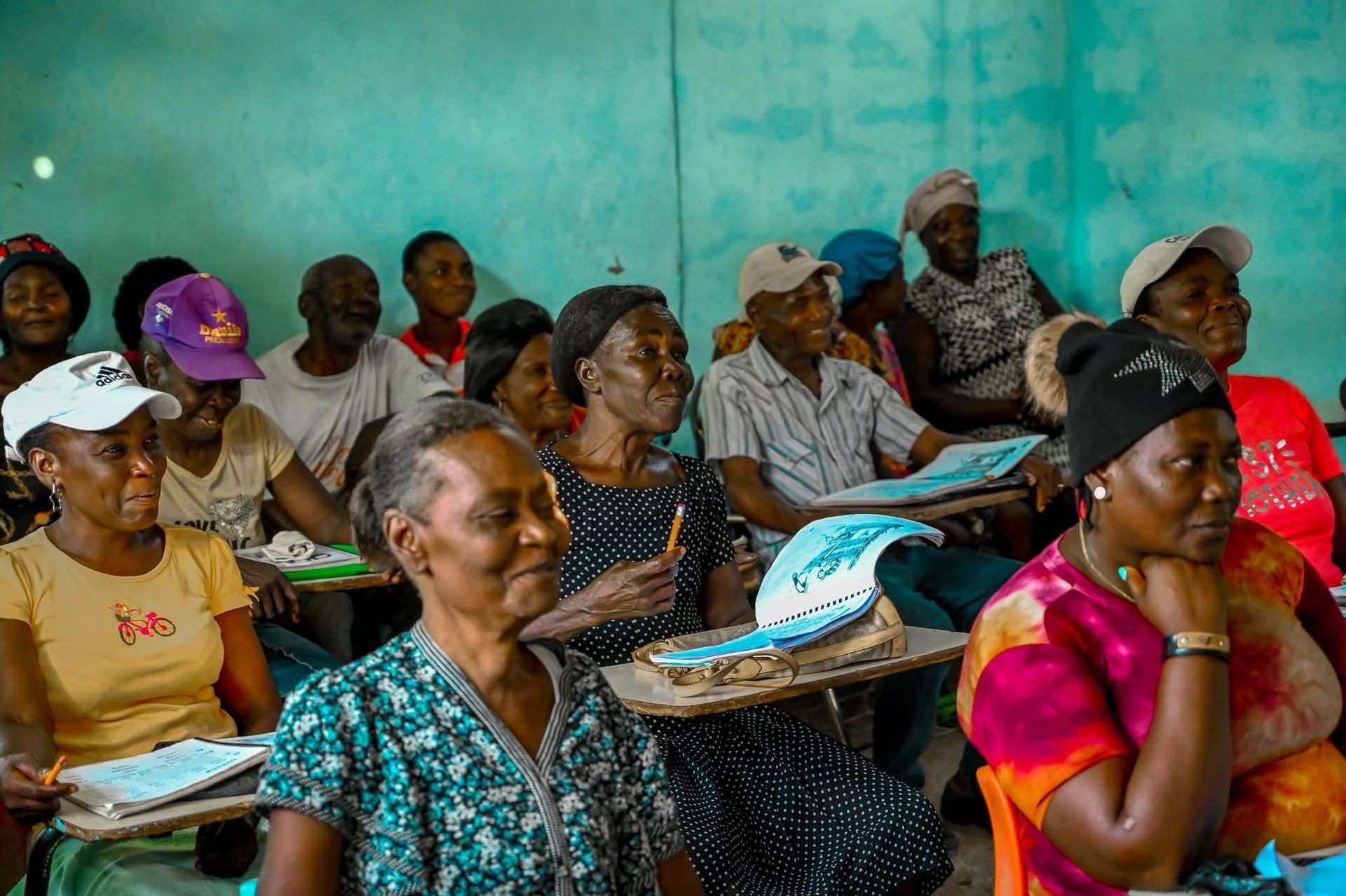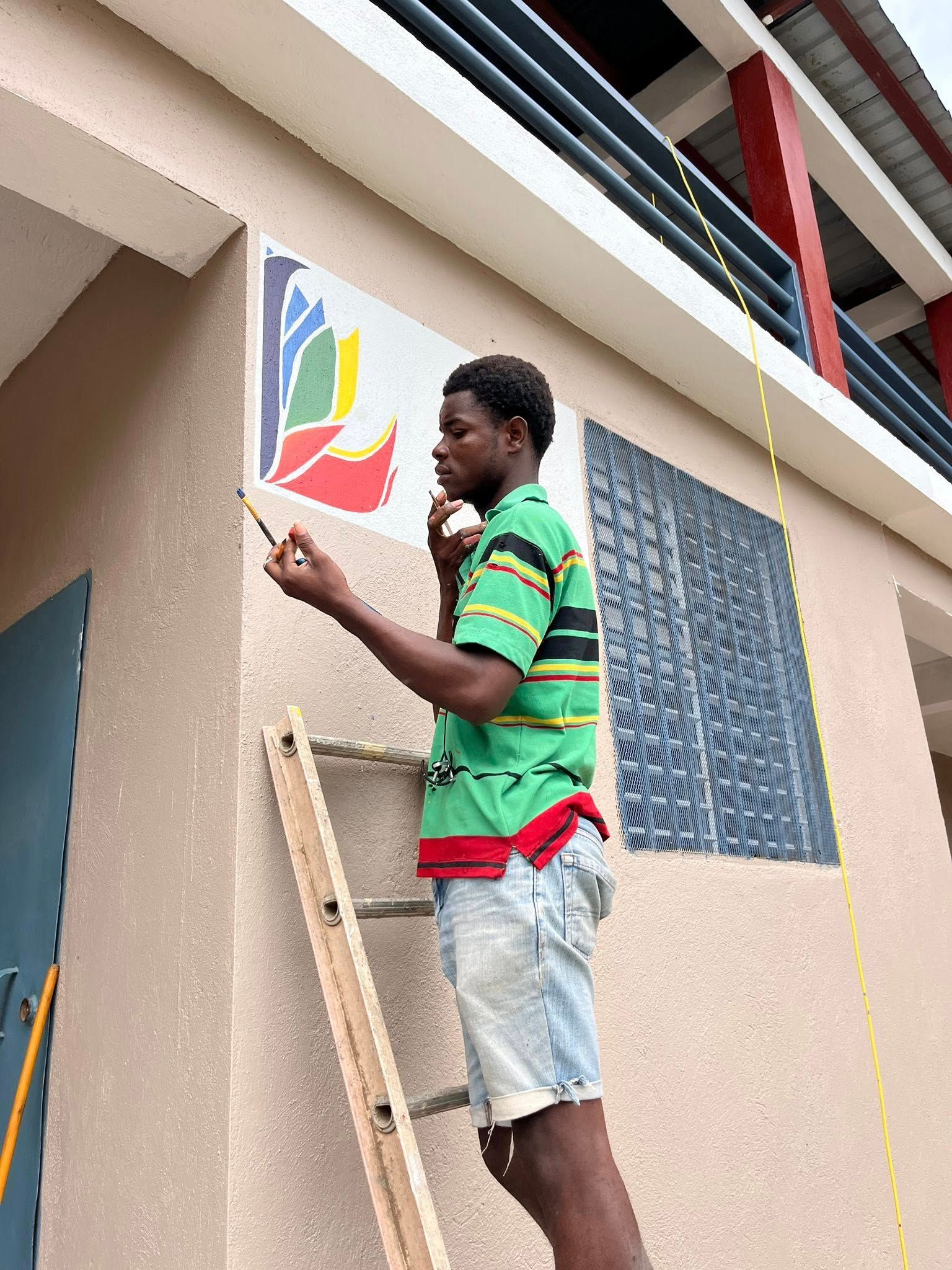UNESCO ASPnet schools’ contribution to the UK
The Foundation has been working in partnership with UNESCO since 2015 and Ann Beatty our CEO is the UNESCO ASPnet Co-ordinator in the UK. There are 145 schools in the programme and Coventry City is currently supporting all schools in the city with the opportunity of accreditation. In January, Warwick University and Coventry City Council hosted an event at the House of Commons to celebrate UNESCO ASPnet schools’ contribution to the UK.
Saarah Rahman who helped organise the event, is currently studying at the University of Warwick in her final year, reading politics and international studies. Saarah shares her thoughts on ASPnet and her personal journey in education.
I believe that being a part of UNESCO ASPNET and the Hidden Heroes project will help to lift hundreds of schoolchildren out of educational deprivation. This is an issue that I have personally grown up with my entire life. Educational deprivation is a very personal topic for me, as someone who originates from Tower Hamlets and as a British Bangladeshi Muslim, I am already socially and economically hindered.
I went to your average underperforming state school, where I was never able to take part in programmes which helped to improve my confidence and critical thinking skills, as well as deepen my awareness of the world around me. I was always stuck in a bubble at school, believing that students like me would never be able to leave Tower Hamlets; that my whole life would only start and end here, in this small pocket of London.
From not having a laptop until I was seventeen and being on Free School Meals when I was younger, I have faced the brunt of deprivation in education. It was when I got into The University of Warwick that I realised the deprivation gap between me and my classmates was much greater than it seemed.
My classmates had opportunities to take part in initiatives such as Model UN at school, Pupil Parliament, and so many other extracurriculars that they had at their disposal, because of the type of funding their school during sixth form and secondary had received. Meanwhile, I had to scout for my extracurricular opportunities during school, alongside the challenge that they had to be free.
The disparity gap is prominent in who runs for execs or higher student positions, and the common denominator between these types of students is they had leadership positions and extracurriculars handed to them during their time in compulsory education. They were given the confidence at an early age to apply for these roles inside and outside of the University, which will ultimately lead to them being in a better position to take up opportunities.
This is why I am a massive advocate for initiatives such as UNESCO ASPnet, because giving young people the confidence to explore social issues alongside critical thinking skills, will boost their confidence in academic and nonacademic settings.
Working-class, underprivileged students are always in competition with students who have been given the resources to enrich their education throughout their lives, which shows in their confidence in applying for and receiving opportunities throughout their time inside and outside of higher education.
Hopefully, with initiatives such as Hidden Heroes and UNESCO, we finally give underprivileged students the stepping stones they need to get out of their comfort zone and take up opportunities.
To find out more about UNESCO ASPnet in the U.K. and how your school can join, visit https://www.stevesinnottfoundation.org.uk/unesco-aspnet




